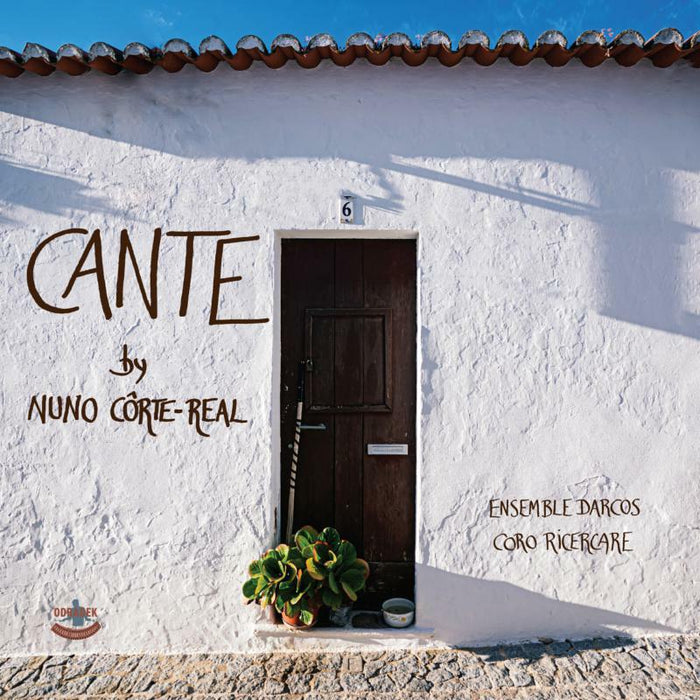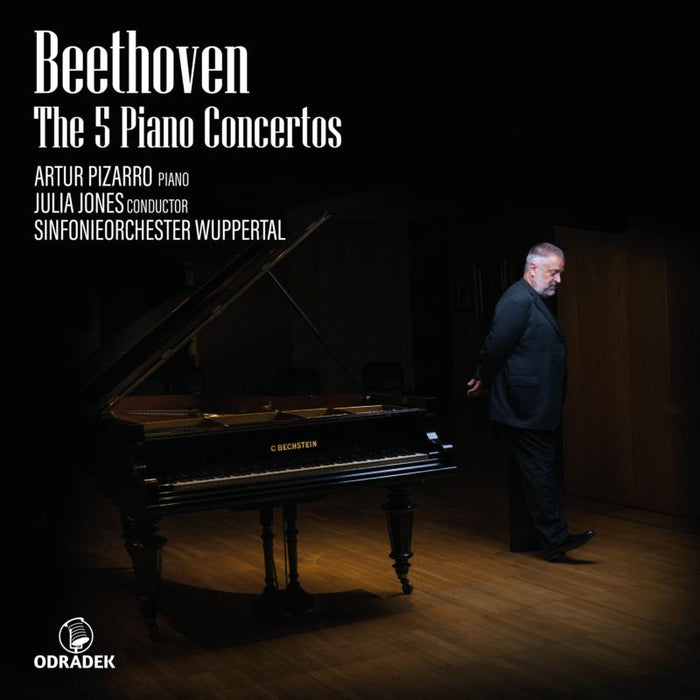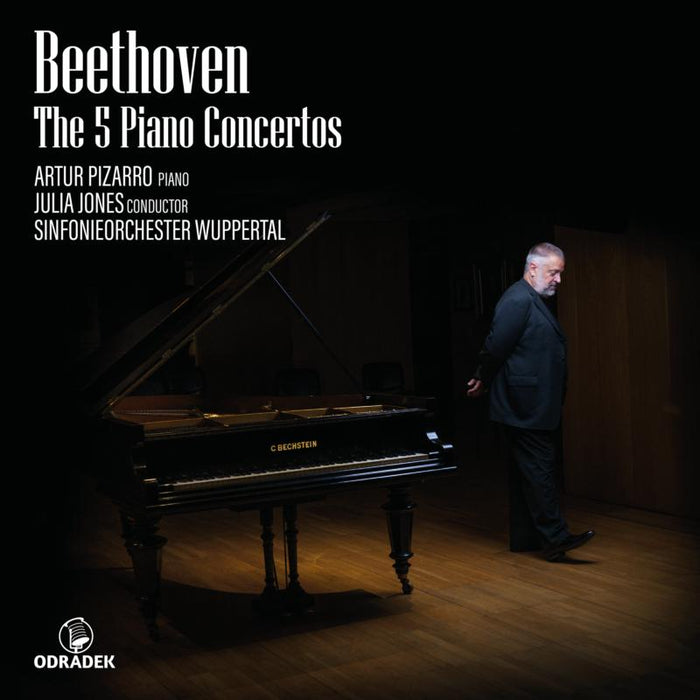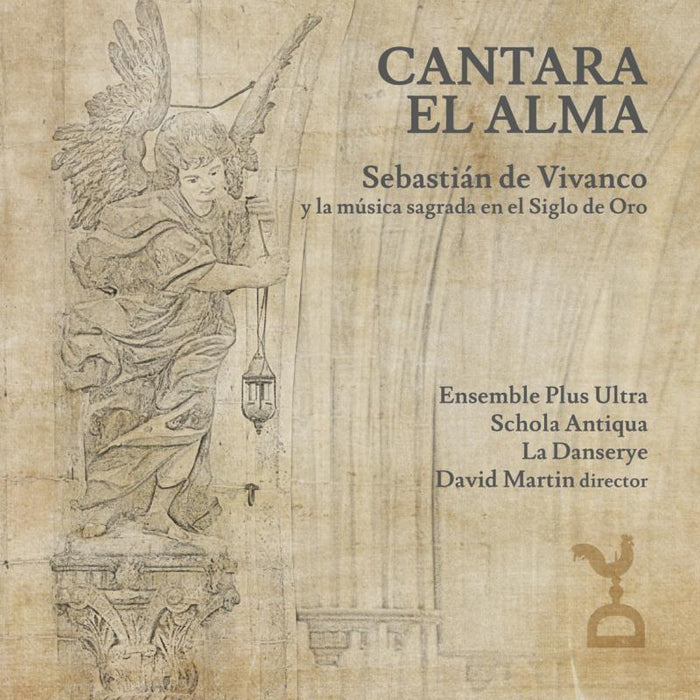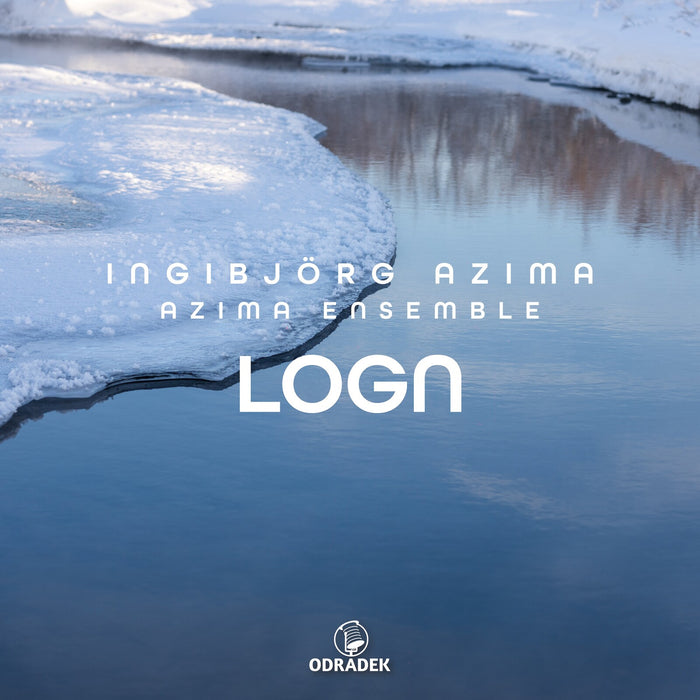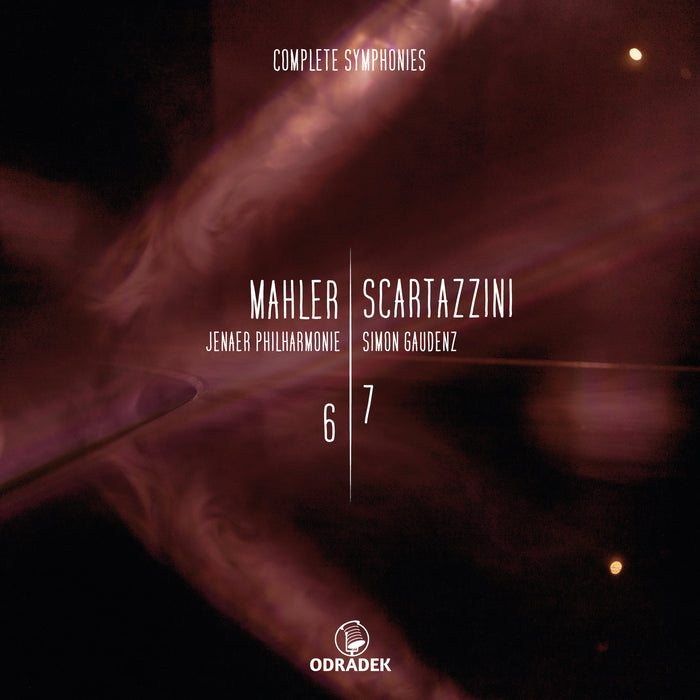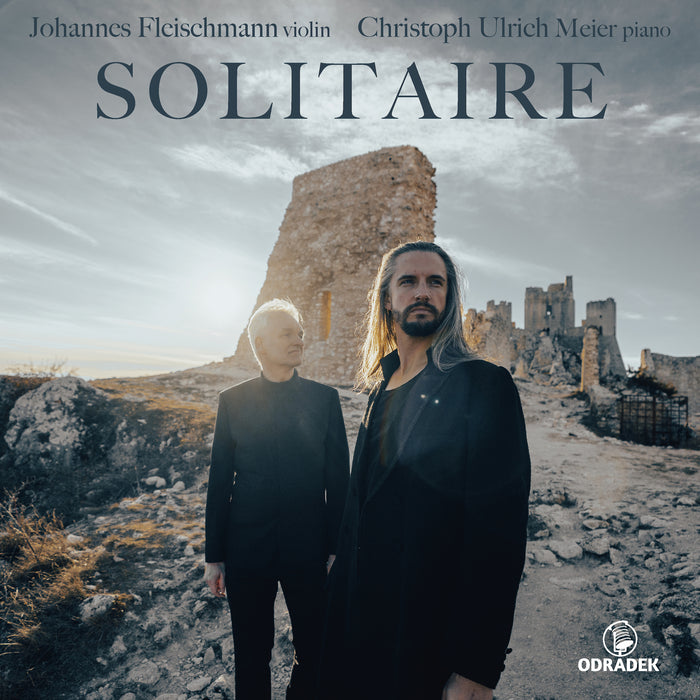Description
Following the success of his solo release of the Complete Late Piano Music of Scriabin, James Kreiling returns to Odradek with cellist Liubov Ulybysheva in RISE, a recording of Russian music for cello and piano that represents revolutionary Russian voices whose music rose from the ruins of conflict to create powerful testimonies of hope and peace.
Both these artists have a particular affinity with Russian music: alongside Kreiling's Scriabin specialism, Ulybysheva is currently researching a PhD based around Weinberg. They also share a desire to bring overlooked composers into the public consciousness. This recording explores the connections between lesser-known composers who were a key part of the fabric of musical culture in Russia and the Soviet Union during two periods of great tension and conflict: the 1917 Revolution and the Second World War.
The Cello Sonata by Gretchaninov and Three Improvisations by Goedicke retain a strong influence of the 19th century, whereas Tcherepnin's Sonata No. 1 is neoclassical and shares the rhythmic vigour and extremes of Shostakovich and Prokofiev, as well as folk melody and dance. Folk music also pervades Gnessin's Theme and Variations, and Armenian-Soviet composer Khachaturian's Piece and Reve. Prokofiev influenced Khrennikov's Cello Sonata Op. 34 and Kabalevsky's Rondo to the memory of Sergei Prokofiev, but Spanish folk styles find their way into Shchedrin's In the Style of Albeniz. Shostakovich suffered terribly at the hands of the authorities and ballet The Limpid Stream, from which we hear the Adagio, was banned.
Praise for James Kreiling on Odradek:
"Remarkably assured, beautifully shaped playing by Kreiling of Scriabin's knotty, post-Romantic soundworld. Many highlights in this two-CD set, but the 'Insect' Tenth Sonata captivates." BBC Music Magazine
"Kreiling's recital... is well recorded and thoroughly idiomatic and deserves every success." MusicWeb International
"With scrupulous attention to detail and an insightful approach to the music (James's doctoral research focussed on the late piano sonatas), James captures the composer's idiosyncrasies with a compelling naturalness and an acute sensitivity to the shifting moods and colours, combining muscularity and delicacy... Recommended." Frances Wilson, The Cross-Eyed Pianist


